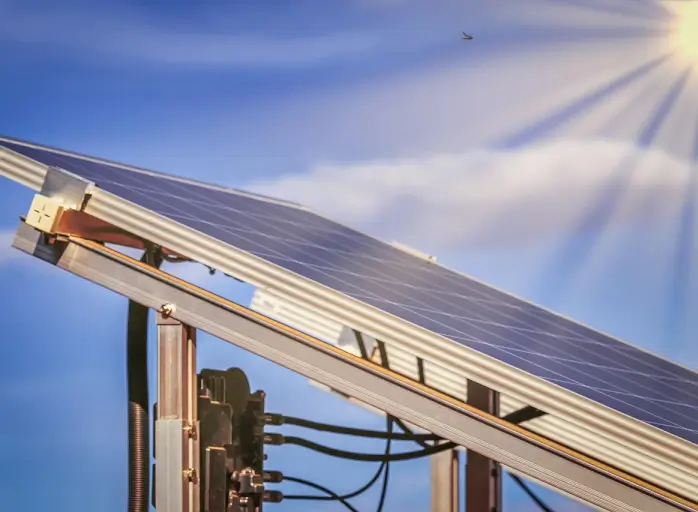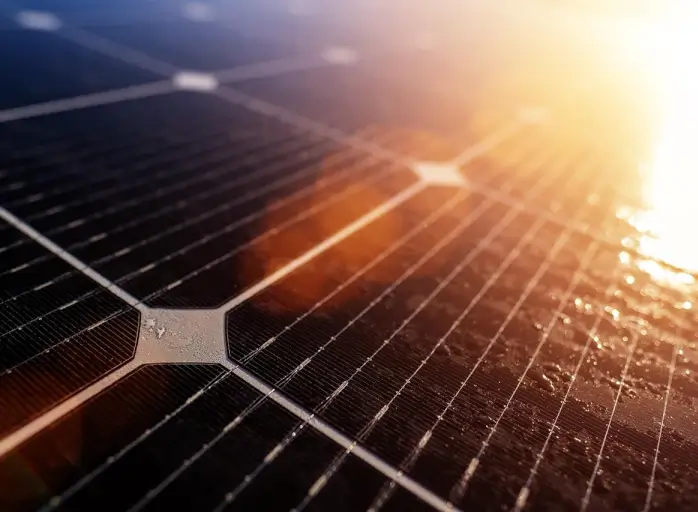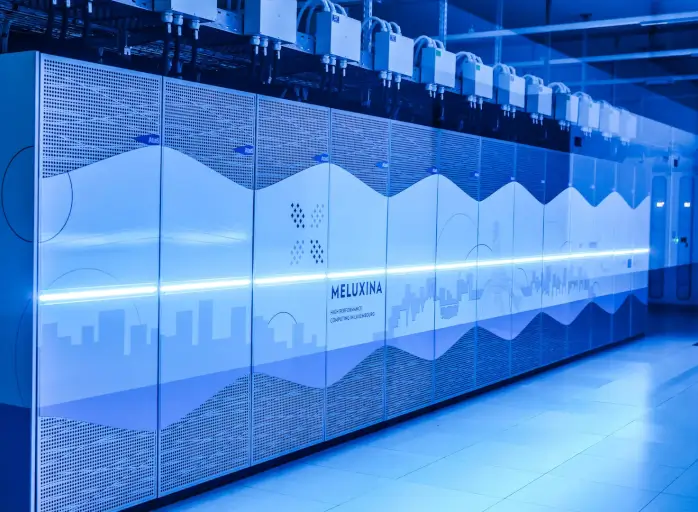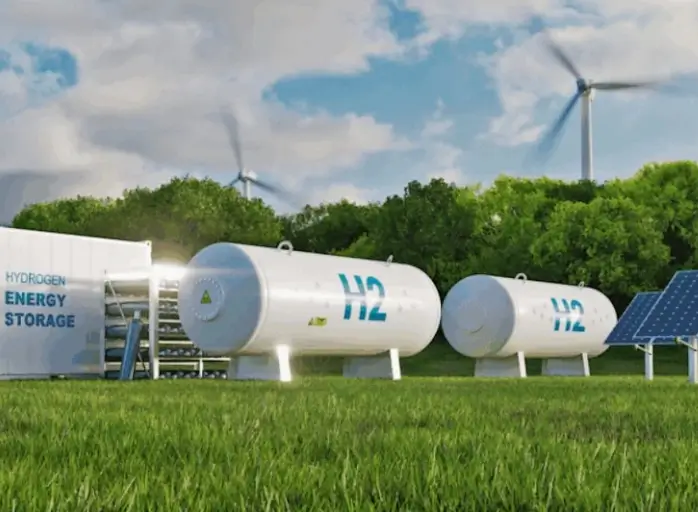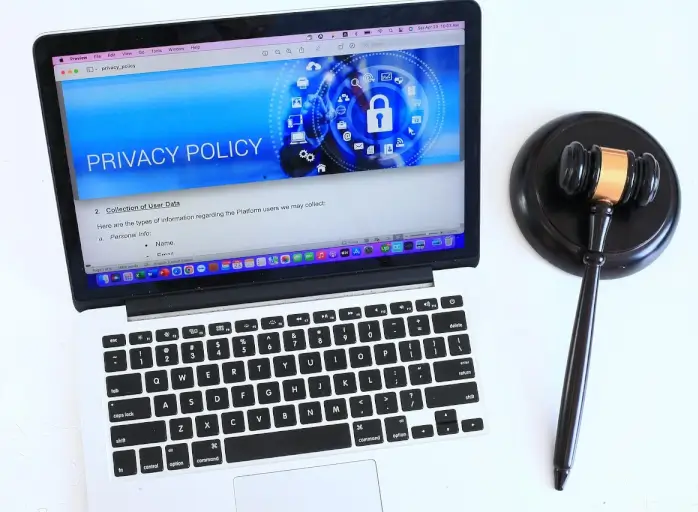
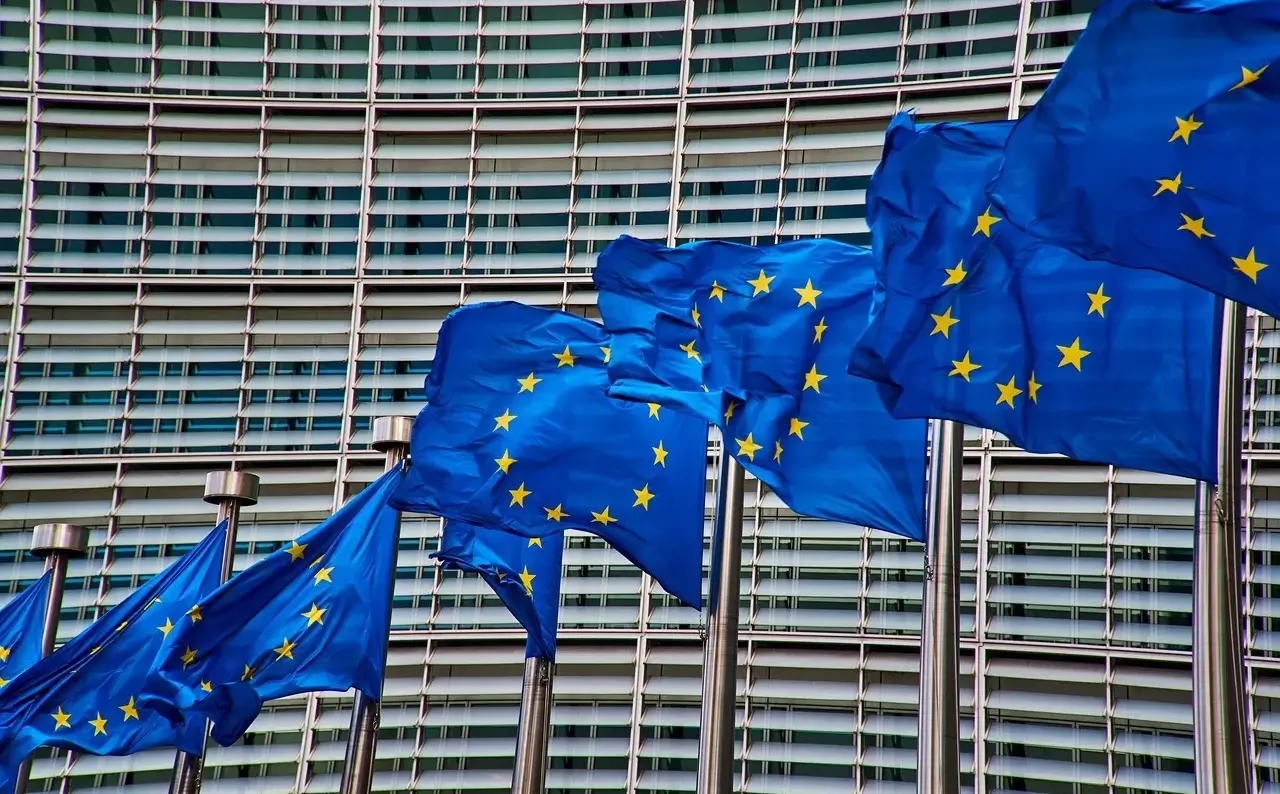
Horizon Europe calls for proposals and standardisation
Standardisation has long been a driver of European economic competitiveness and is increasingly embedded in Horizon Europe projects.
 Jean-Michel Gaudron
Jean-Michel Gaudron
In February 2022, the European Commission launched its Standardisation Strategy, strengthening the link between standardisation and Horizon Europe. The latest Horizon Europe Work Programme highlights several key areas where standardisation plays an important role.
Horizon Europe funding programme
Horizon Europe is the European Union’s flagship funding programme for research and innovation, running from 2021 to 2027. Its objectives are to reinforce the EU’s scientific and technological foundations, address global challenges such as climate change and health protection, and enhance industrial competitiveness.
Structured around three pillars (Excellent Science; Global Challenges and Industrial Competitiveness; and Innovative Europe) it supports research, collaborative projects and breakthrough innovations.
Any legal entity from EU Member States and associated countries is eligible to apply for Horizon Europe funding. More information can be found on the Luxinnovation website.
What is standardisation and what tasks can be included in Horizon Europe calls for proposals?
Standardisation is the process of developing, applying and implementing standards. Within the European Union, it is governed by Regulation No 1025/2012 on European standardisation, which defines a standard as “a technical specification, adopted by a recognised standardisation body, for repeated or continuous application, with which compliance is not compulsory.”
Standards are vital to economic competitiveness. By establishing common specifications and agreed good practices, they ensure interoperability across countries and industries, facilitate trade while building trust, guarantee the safety of goods and services, and improve efficiency.
In other words, standardisation prevents market fragmentation and strengthens the economy by streamlining business processes. Beyond established markets, standardisation also underpins emerging technologies and innovations by creating the foundations for new sectors.
In this context, the European Commission has included standardisation activities in several Horizon Europe calls for proposals. The simplest requirement is the identification and use of relevant standards when developing specific solutions.
More advanced tasks may involve active participation in standardisation processes. In some cases, calls may support pre-normative research activities.
Ongoing calls for proposals including standardisation
The European standardisation organisations CEN and CENELEC issued a screening of Horizon Europe calls for proposals which have include standardisation requirements. Their screening highlights the relevance of standardisation in each call and identifies sections explicitly referring to standards or standardisation. While some deadlines have already passed, calls remain open until 2026, and standardisation is expected to remain a key element in future work programmes.
The list covers a wide range of topics aligned with national economic priorities, including post-quantum cryptography, quantum technologies, Earth observation and satellite telecommunications, artificial intelligence, advanced materials, energy transition and environment, automotive and transport, batteries, and construction.
National support to these calls for proposals
Luxinnovation is the national contact point for Horizon Europe programme in Luxembourg. It assists national stakeholders interested in responding to any calls for proposals under Horizon Europe by providing training and tailored guidance.
ILNAS (Institut luxembourgeois de la normalisation, de l'accréditation, de la sécurité et qualité des produits et services), Luxembourg’s national standardisation body, supports national applicants by offering services and assistance such as the identification of relevant standards for a specific domain, free registration in the related technical committees and support to assist national stakeholders in their standardisation journey.
ILNAS may also participate in Advisory Boards and provide expertise on standardisation aspects during the preparation of project proposals.


